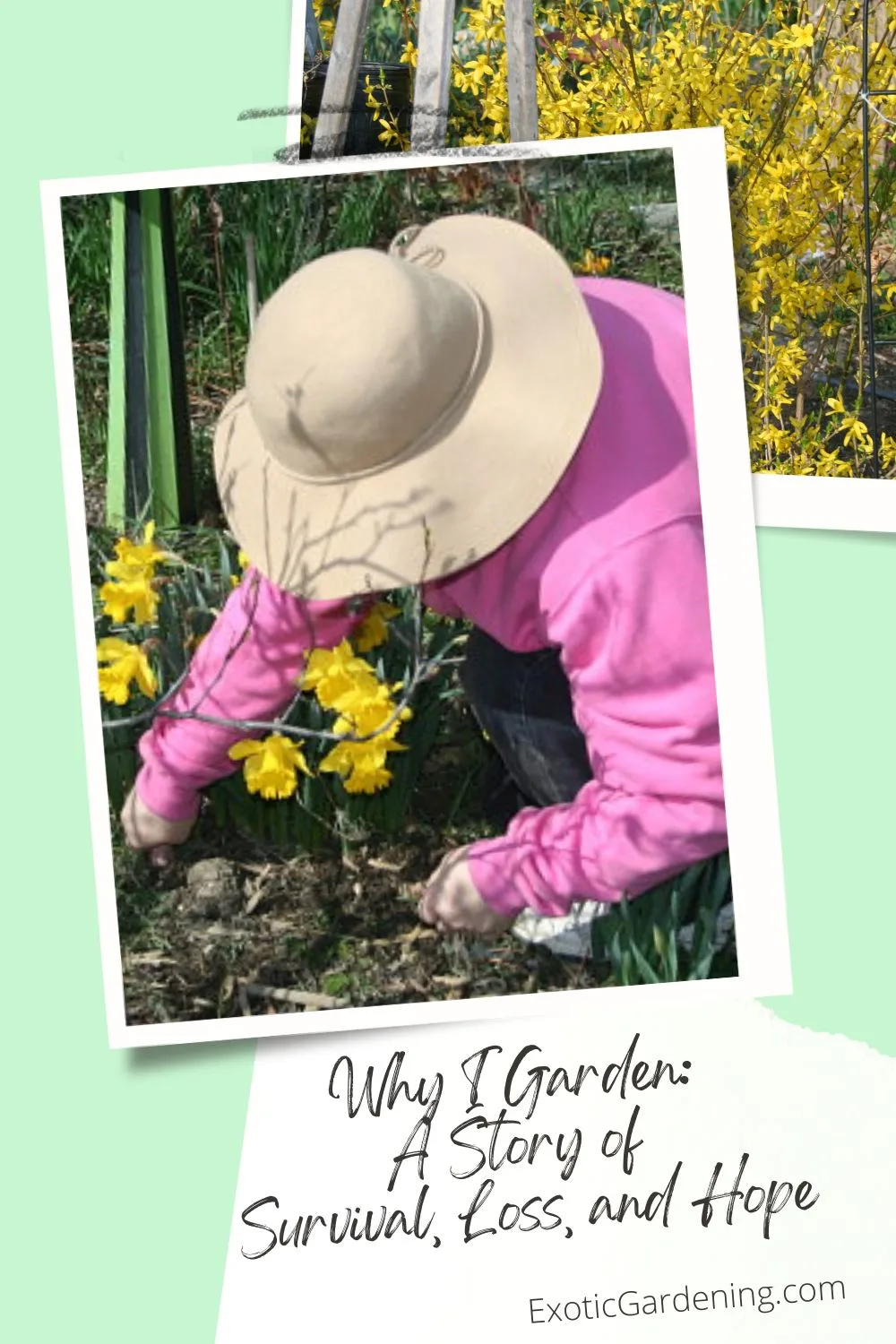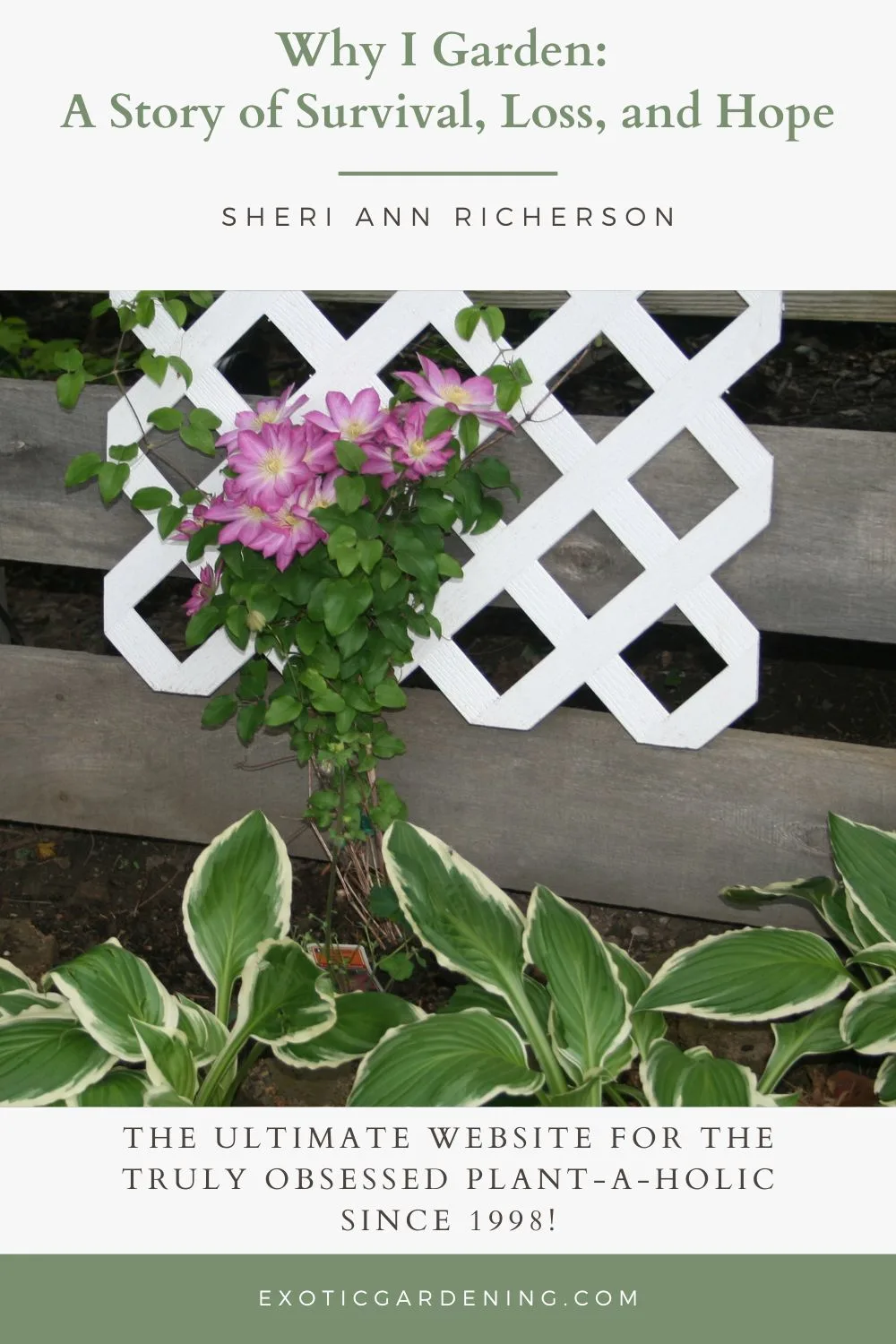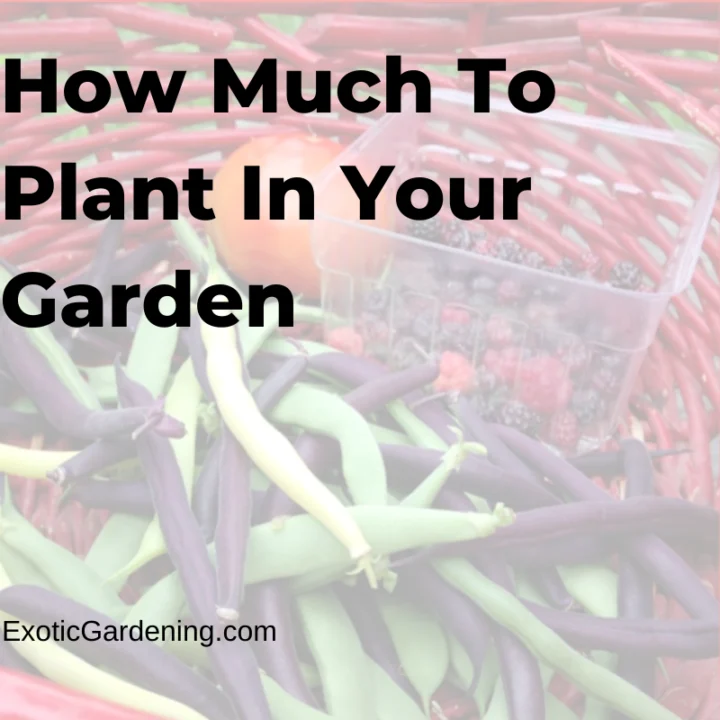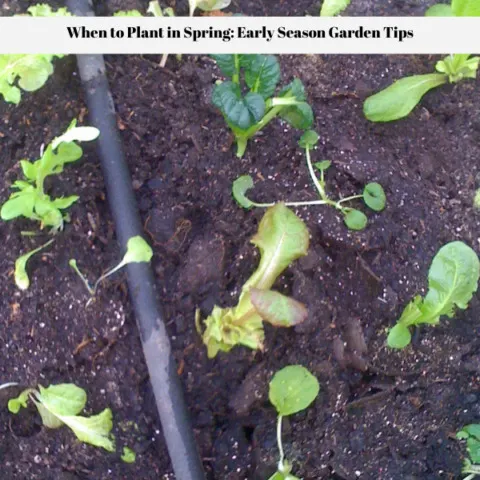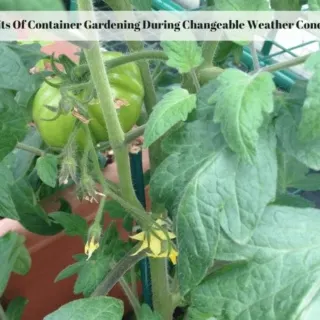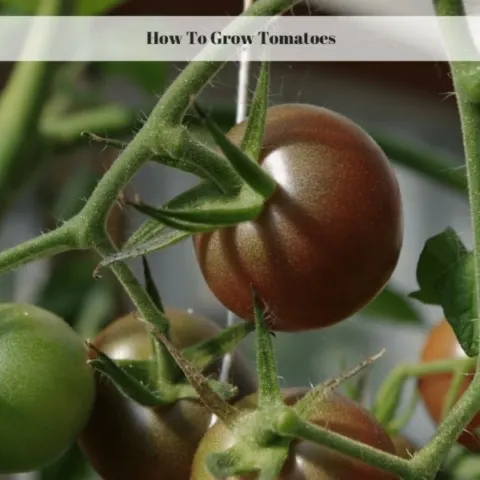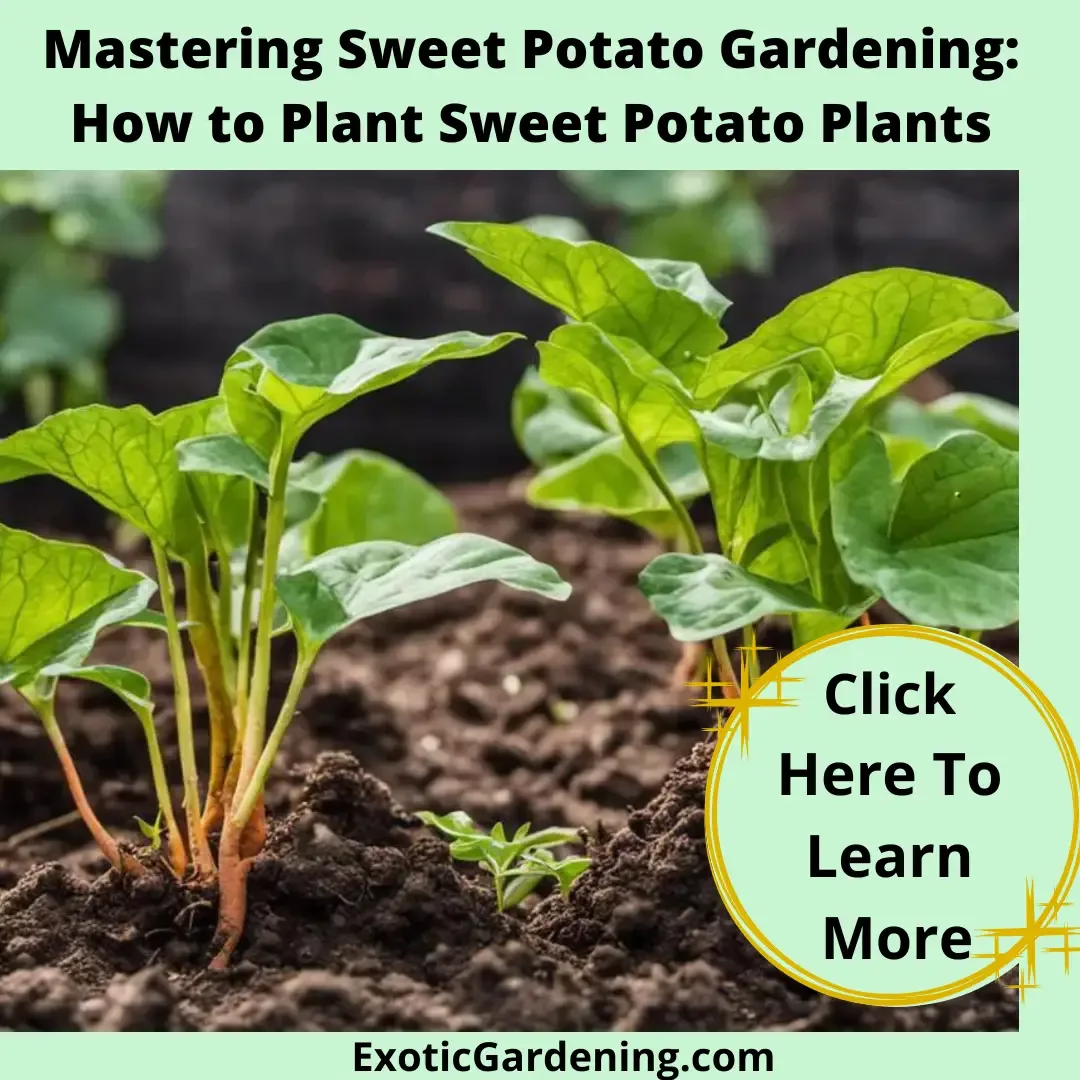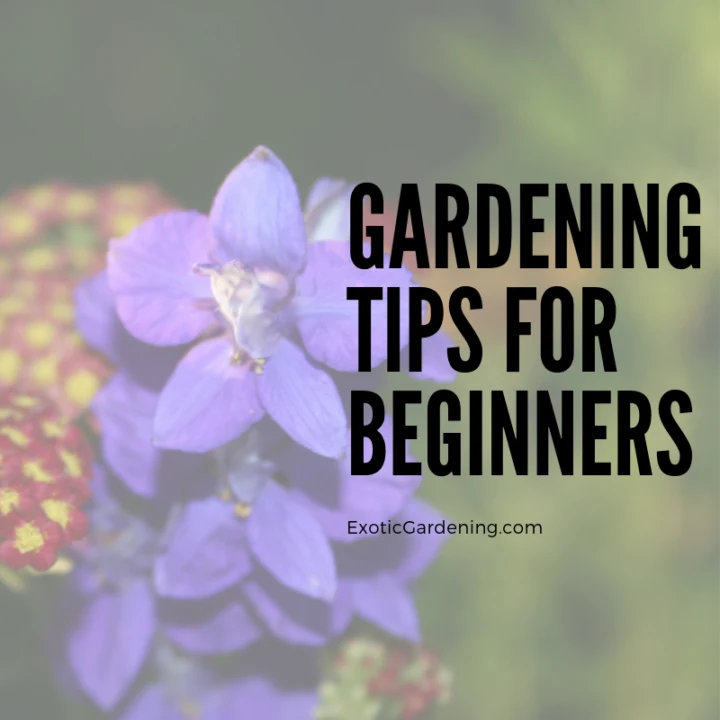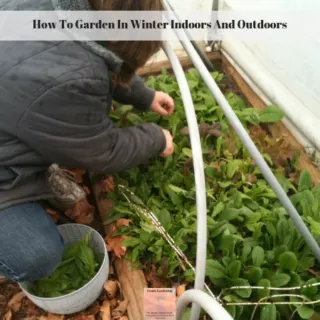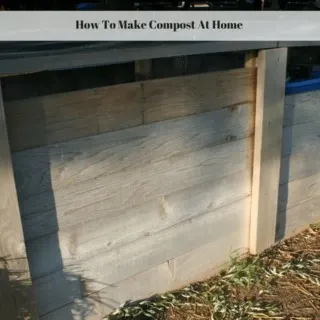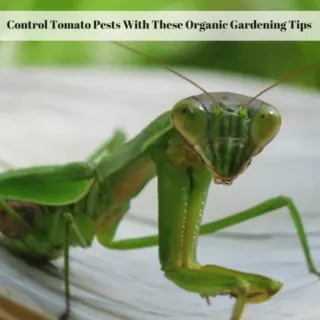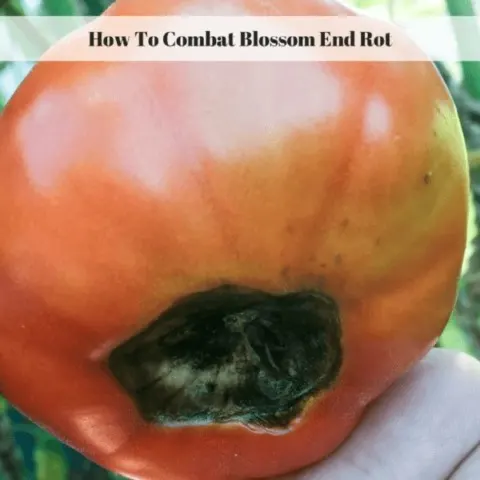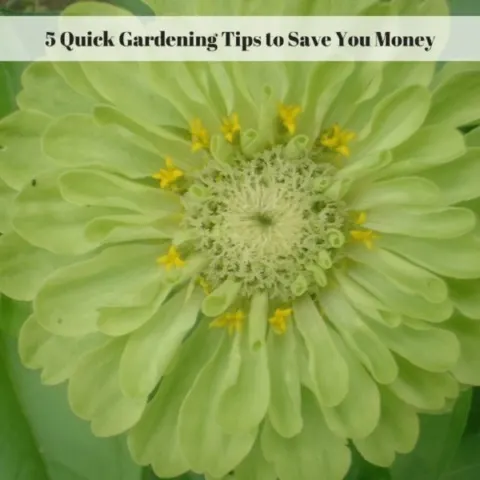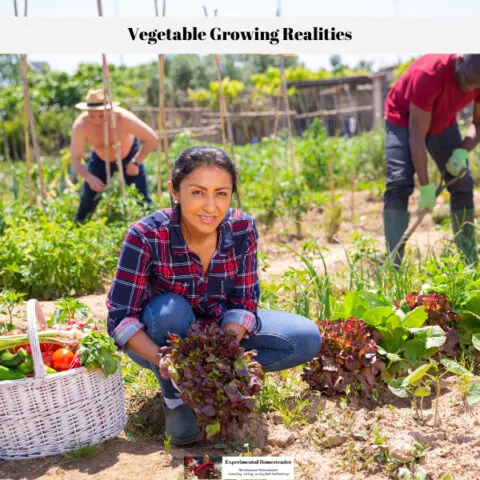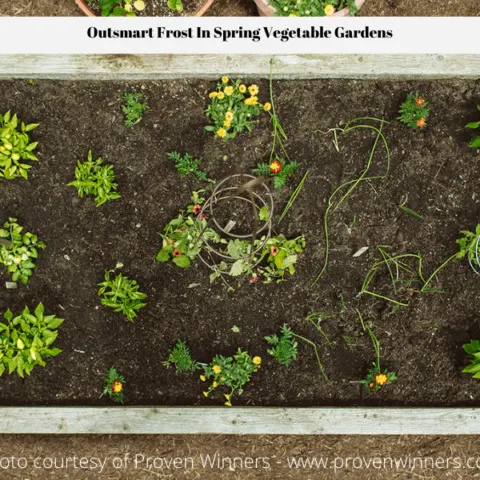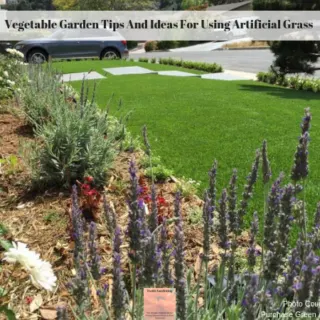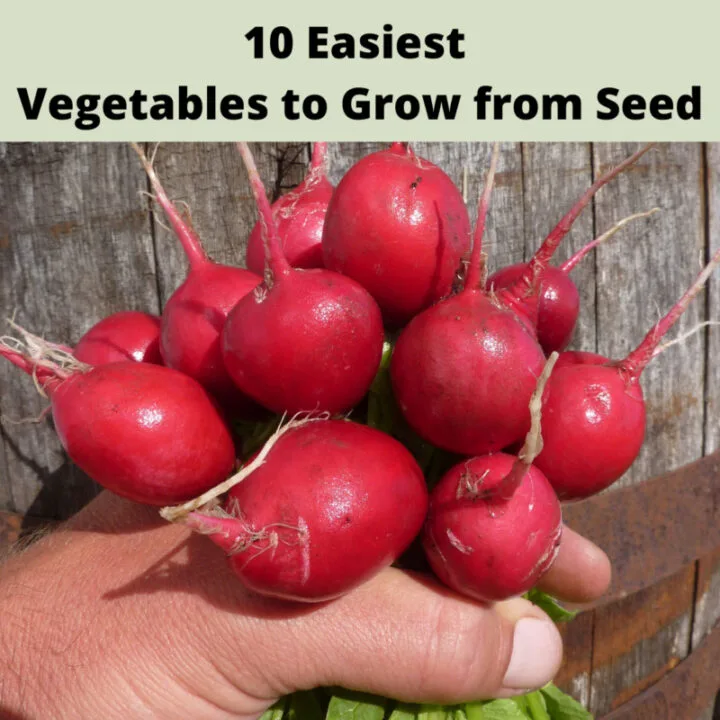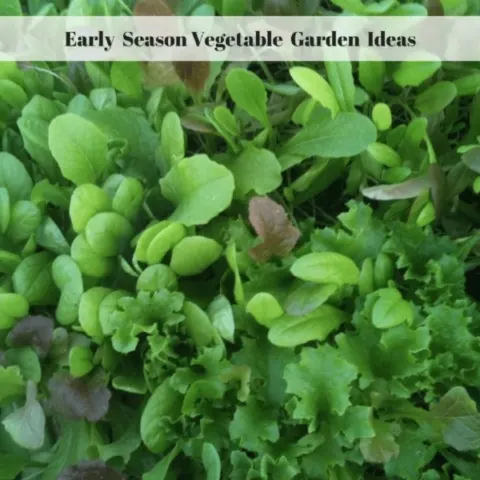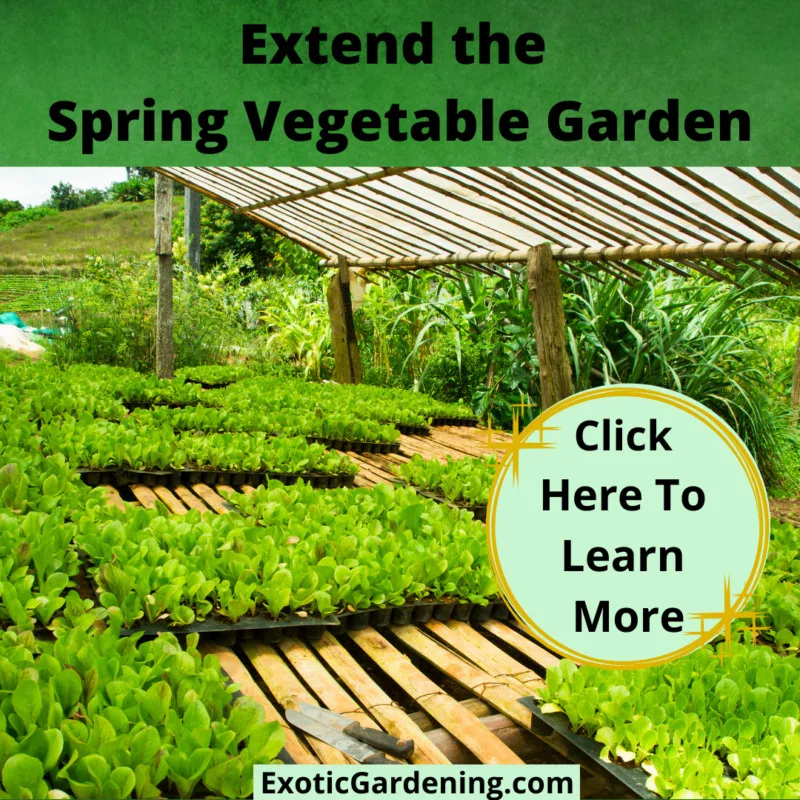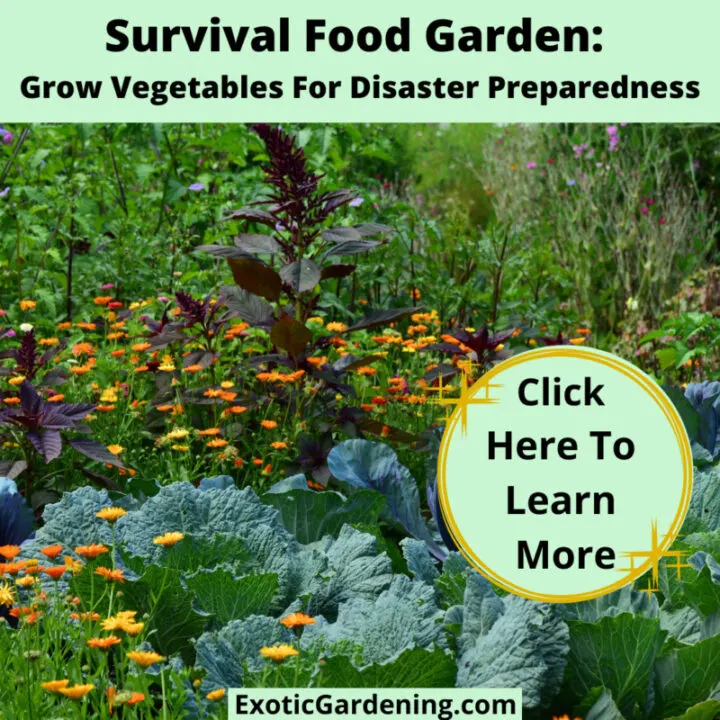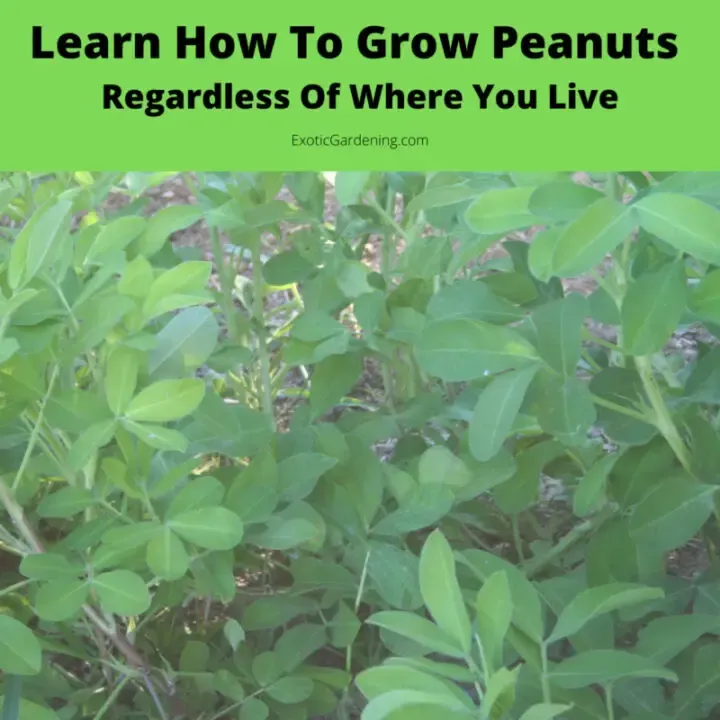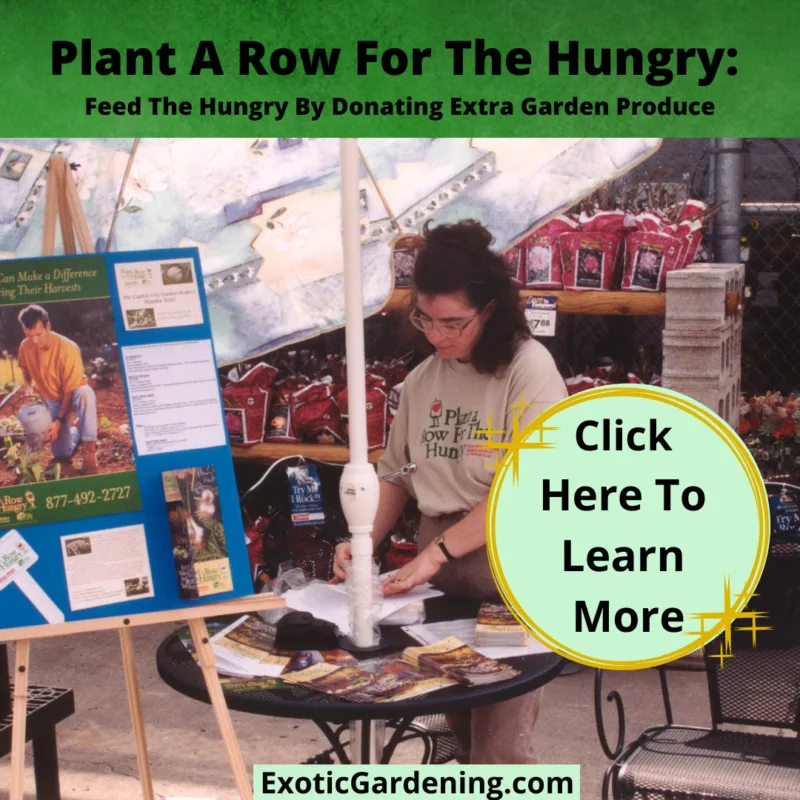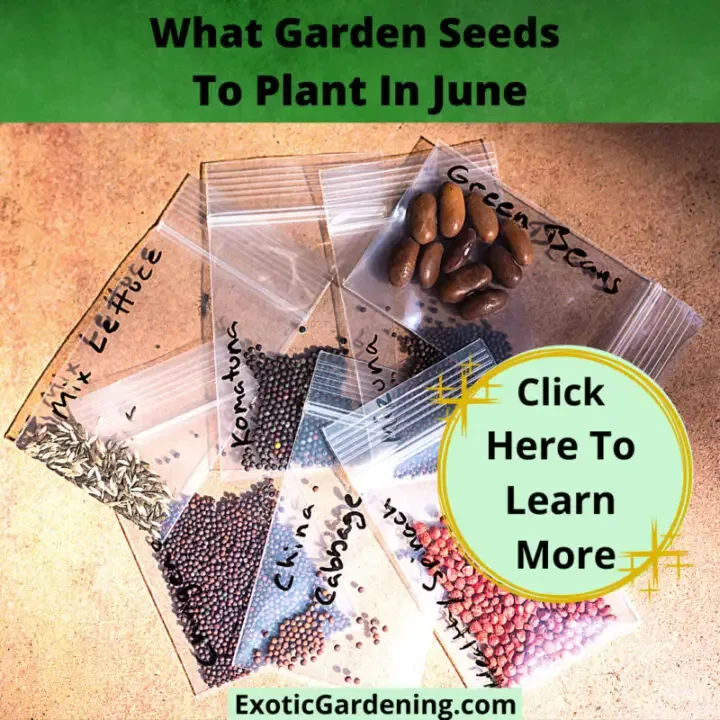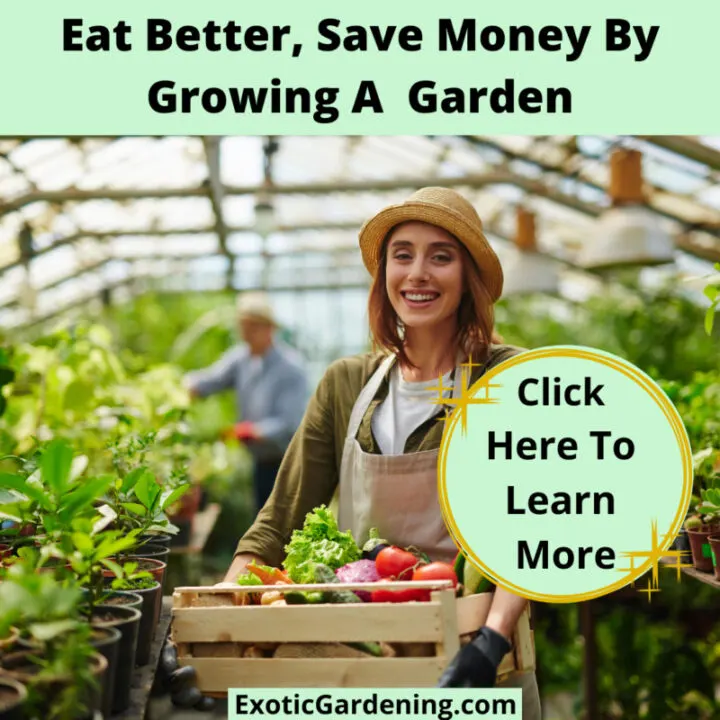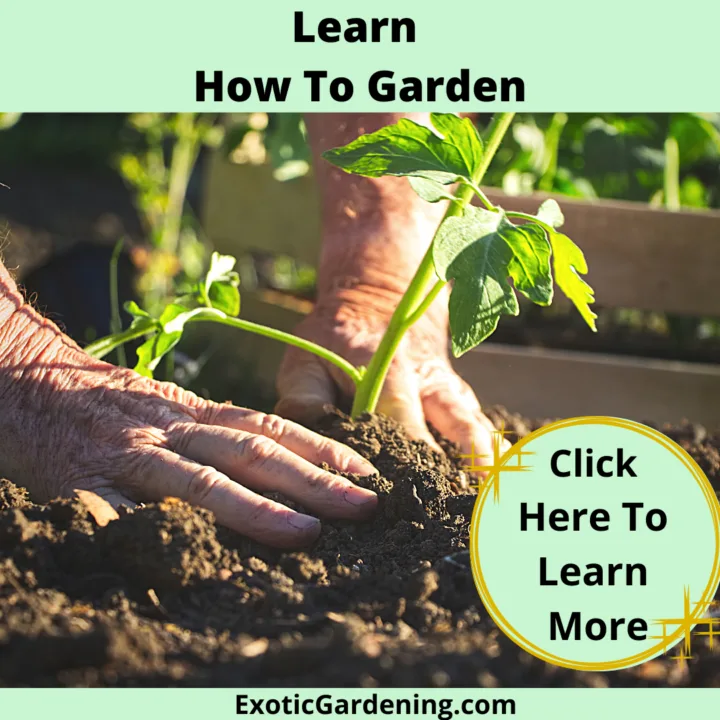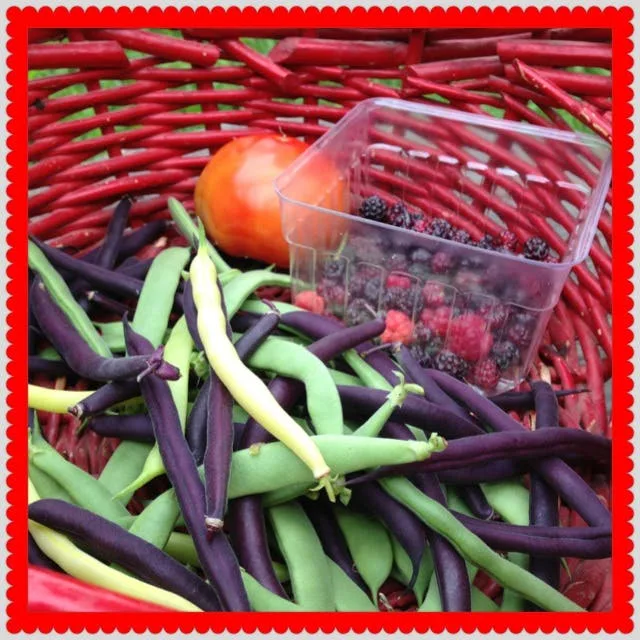The first time I planted a seed, I held my breath.
Would it grow?
Would it fail?
Would it, like so many things in life, be taken away before it had a chance to flourish?
People ask me all the time, "Why do you garden?"
I don’t think they expect the real answer as to why I garden.
Yes, it’s hard work.
The weeds never stop coming.
The sun scorches my back, the soil dries and cracks, and there’s never enough time, never enough mulch, never enough hands to help.
Some years, nothing grows right—the rain comes too much, too little, too late.
The groundhogs steal what I’ve nurtured, and I stand in my garden, defeated, wondering if it’s even worth it.
But then I remember.
I garden because I know hunger.
I garden because I know what it’s like to have food rationed—to watch others eat while you wait, stomach growling, hoping there’s something left.
I garden because when I was a child, food wasn’t a guarantee.
It was an afterthought.
I garden because I never want to feel that helpless again.
Learning to Let Go
There was a time when I thought I could control everything in my garden.
I wanted neat rows, perfect plants, no weeds, no failures.
But I’ve learned that gardening—like life—is unpredictable.
Some plants thrive despite neglect.
Others wither even with the best care.
I used to believe failure was my fault.
Because when I was a child, nothing was ever good enough.
- A 100% on a test wasn’t enough—I should have found a way to earn extra credit.
- An A on a report card wasn’t enough—it should have been an A+.
- If I didn’t meet impossible expectations, there were consequences.
The same way a plant struggles against poor soil, harsh winds, and relentless weeds, I spent my childhood fighting for approval, for love, for security.
And when I lost my husband Jerry, it was like watching my entire garden wither overnight.
We had a future planned—dreams, projects, a life rooted in the earth we were building together.
Then, suddenly, he was gone.
Cancer doesn’t wait.
It took him in just four weeks.
One moment we were planning, and the next, I was making the choice to take him off life support.
Nothing prepares you for that kind of loss.
The Magic of a Seed
I still get butterflies watching seeds germinate.
I watch hourly sometimes as the seeds swell with life.
I check for the tiniest sign of a root emerging, carefully watching it grow just long enough to be planted.
I gently tuck it into the soil, making a tiny bed for it, and then I wait—watching, hoping, willing it to grow.
And when the stem finally pushes through the soil, when those first delicate leaves unfurl, I feel that rush of excitement.
That tiny dormant seed has just given birth to life—a plant that will produce flowers, fruit, and seeds of its own.
And I was part of that.
That never stops being incredible to me.
Dealing with Loss in the Garden (and in Life)
And yet—even in grief, even in the hardest times—life still grows.
This is why I garden.
Because even when everything feels hopeless, when the weight of loss presses down so hard it feels suffocating, a tiny seed still pushes its way through the soil, reaching for the sun.
It happens slowly, almost imperceptibly.
At first, you don’t see it.
You wonder if it’s even there—if it’s alive, if it’s growing, if it will ever make it.
Then—a hint of green.
A whisper of life.
The promise that something is happening beneath the surface, even when all you see is dirt.
And suddenly, what was once buried, what was once just a fragile possibility, is thriving.
That is hope.
- Hope that the darkness won’t last forever.
- Hope that even after devastation, there is still growth.
- Hope that no matter how broken you feel, you can rebuild.
I have planted seeds in moments of grief, exhaustion, uncertainty—never knowing if they would grow, but needing to believe they might.
Because if a tiny seed can push through the weight of the earth, through drought, through storms—then so can I.
Every sprout is a reminder that I am still here, still fighting, still growing.
And no matter how hard life gets, there is always another season.
Always another chance to plant again.
Why I Keep Planting
Not every seed makes it.
Not every plant survives.
And yes, it hurts—because every seed is a piece of hope, a chance at something better.
But I plant anyway.
I plant because there is joy in the process.
The smell of the earth after rain.
The feel of sun-warmed soil in my hands.
The quiet moments when I stand among the plants, hearing only the buzz of bees and the rustling of leaves in the wind.
I plant because this is my peace.
This is survival.
Because every meal from my garden, every basket of tomatoes, every handful of fresh herbs is proof that I have taken back control—that I am no longer that child waiting for someone to decide if I get to eat.
Gardening Is More Than Growing Food—It’s Growing Hope
I garden because it’s who I am.
Because it feeds my soul as much as it feeds my body.
Because it’s where I find peace when the world feels like too much.
Because in a life filled with uncertainty, the act of growing something from seed reminds me that hope is always there—waiting just beneath the surface, ready to push through.
If you’ve ever put a seed in the ground, you know—gardening is about more than plants.
It’s about believing in something, even when you don’t see the results right away.
It’s about patience, resilience, and faith.
It’s about overcoming failure, loss, and the unexpected.
It’s about taking control when life feels uncontrollable.
This is why I garden.
What about you?
Why do you garden?
Drop your story in the comments—I’d love to hear what keeps you planting, growing, and digging in the dirt.
Planting Your Garden
How Much To Plant In Your Garden
This article will help you figure out how much to plant in your garden depending on your family's size and whether you want to preserve the food or not.
When to Plant in Spring: Early Season Garden Tips
Know when to plant in spring by using these early garden season tips. These tips will allow you to get a head start on your vegetable garden.
Benefits Of Container Gardening During Changeable Weather Conditions
Changeable weather conditions certainly impacts gardeners who wish to grow their plants in the ground, but there is a solution. Learn about the benefits of container gardening and how it can help gardeners deal with climate change!
How To Grow Tomatoes
Learn how to grow tomatoes and how to plant tomatoes in a garden. Growing great tomatoes is easy if you follow a few simple steps.
Mastering Sweet Potato Gardening: How to Plant Sweet Potato Plants
Unlock the secrets of successful gardening with our guide on how to plant sweet potato plants for a bountiful harvest!
Gardening Tips For Beginners
These gardening tips for beginners will help you get your first garden started right. Tips on gardening planning, caring for bareroot plants and more.
How To Garden In Winter Indoors And Outdoors
Learn how to garden in winter indoors and outdoors. There are many vegetables and herbs that don't mind the cold or thrive in containers.
How To Make Compost At Home
Learn how to make compost at home using materials you already have on hand and are likely to throw into the trash and send to the local landfill.
Control Tomato Pests With These Organic Gardening Tips
These organic gardening tips for controlling pests on tomato plants help you identify, control and get rid of the problem without the use of organic pesticides in most cases.
How To Combat Blossom End Rot
Wondering what to do about tomatoes with brown spots on the bottom of them? Learn how to combat blossom end rot, a common problem many gardeners encounter.
Save Money! Harvest Free Vegetables Year-Round In Any Climate!
Garden tips for beginners - and advanced gardeners alike - that are sure to help save money. These gardening tips are about more than just plant care!
Vegetable Growing Realities: More Than Economic Benefits
When it comes to the facts of vegetable growing realities, there are more reasons than just the economic benefits for doing it.
Outsmart Frost in Spring Vegetable Gardens
Understanding how to outsmart frost in spring vegetable gardens leads to earlier harvests, less plant damage and a longer growing season.
Greenhouse And Coldframe Garden Structure Ideas
Learn about tunnel houses, greenhouses and cold frame garden structures as well as how they are used to grow plants outdoors year round.
Vegetable Garden Tips And Ideas For Using Artificial Grass
If you're looking for vegetable garden tips and ideas that incorporate the use of artificial grass, look no further! Weed prevention, pest control and environmental benefits. If you're looking for vegetable garden tips and ideas that incorporate the use of artificial grass, look no further! Weed prevention, pest control and environmental benefits.
10 Easiest Vegetables to Grow from Seed
Learn about the 10 easiest vegetables to grow from seed. Not only are there some unique heirloom varieties, but they are tasty too!
Extend the Spring Vegetable Garden
Learn how to extend the spring vegetable garden into summer, fall or even winter by using various shading and covering techniques.
Survival Food Garden: Grow Vegetables For Disaster Preparedness
A survival food garden is a great thing to have even if you don't believe the zombie apocalypse is coming.
Peanuts Are Exotic Plants: Growing vegetables such as peanuts can make your garden unique
It is possible to learn how to grow peanuts even if you don't live in a warm climate. Peanuts are exotic plants that are fun to grow.
Plant A Row For The Hungry: Feed The Hungry By Donating Extra Garden Produce
Plant A Row For The Hungry encourages gardeners to plant extra vegetables and donate them to their local food pantries to help those in need.
What Garden Seeds To Plant In June
There are a number of vegetable garden seeds to plant in June. Even if the soil is too wet to work, there are ways around that.
Eat Better, Save Money By Growing A Garden
Learn how you can eat better and save money by growing a garden right in your own backyard or even on your balcony!
Sheri Ann Richerson
Growing organically is important because the produce is healthier and contains more nutrients.
It is better for the environment, insects and birds, plus there is no concern about the potential issues with GMO’s.
It is also environmentally friendly and helps reduce your carbon footprint, not to mention saves money.
Plus there is the holistic perspective of growing an organic garden because from the soil to the food we eat, it is all interconnected.
In this course you will learn:
How to build healthy organic soil
When to plant seeds or established plants as well as when to direct sow
How to simplify garden maintenance
Natural methods of pest control


